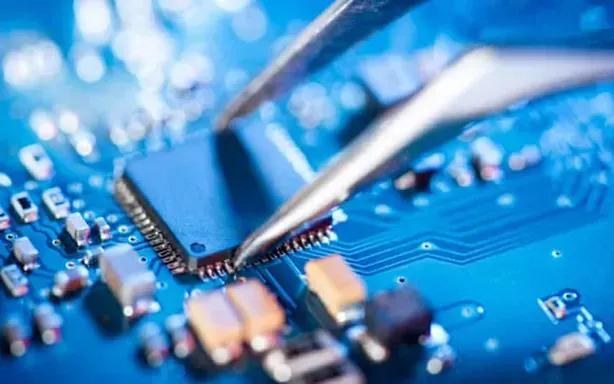
Illustration photo.
Companies in the global semiconductor supply chain are bracing for disruption after China imposed restrictions on exports of rare earth minerals, while the US responded with warnings of more tariffs and tighter controls on software sales to the country.
China’s move, seen as the most drastic yet to restrict rare earth supplies, could slow the supply of chips that are fueling the artificial intelligence (AI) boom. In response, US President Donald Trump announced he would impose an additional 100% tariff on imports from China and export controls on “all critical software” from US companies.
The rare earth restrictions could delay shipments to buyers by weeks for ASML Holding NV, the world ’s only manufacturer of advanced chipmaking machinery, according to a person familiar with the situation. A senior executive at a U.S. chip company said they were still assessing the impact, but the most obvious risk right now is a sharp increase in the price of rare earth-dependent magnets, a key component in the chipmaking chain.
Meanwhile, the head of another US chipmaker said the company was urgently reviewing products using rare earths sourced from China and was concerned that requiring a license from China could completely disrupt the supply chain.
It is unclear which US software products would be affected by the new export ban that Mr Trump has proposed. In July 2025, the US lifted licensing requirements for chip design software - part of a package of measures in response to China's earlier restrictions on rare earth exports.
Under new Chinese regulations, foreign companies must seek permission to re-export any products containing even trace amounts of rare earths from China, including components used in chipmaking and products for AI research with military applications.
“These are the most stringent export controls China has ever imposed,” said Gracelin Baskaran, director of strategic minerals at the Center for Strategic and International Studies (CSIS). “It is clear that China is using leverage to compel compliance not only from American companies but also from global businesses.”
ASML, or Applied Materials, chipmakers are particularly reliant on rare earths because they use laser systems, magnets, and high-precision equipment that require them. Sources at ASML say the company is prepared for possible supply disruptions, especially because of the clause that requires foreign companies to seek permission from China to re-export any of their products containing rare earths. ASML is now lobbying the US and the Netherlands to find alternatives.
Some have suggested that this could be a negotiating move ahead of Mr Trump’s visit to Asia – where he is expected to meet Chinese President Xi Jinping later this month. It is also unclear how China will monitor the use of small quantities of rare earths to enforce the rules.
But instead of creating room for negotiation, China’s move has reignited trade tensions between the two economic powerhouses. The new tariffs announced by Mr Trump will raise import tariffs on Chinese goods to 130% from next month – just below the 145% imposed earlier this year, before the two countries temporarily cooled trade tensions to resume negotiations.
This is not the first time rare earths have been at the center of US-China trade tensions. After the US increased tariffs on China in early 2025, China stopped exporting minerals to the US. The two sides later reached a trade truce, under which the US reduced tariffs and China resumed exporting minerals to its market.
In Europe, Germany, the region’s largest economy, said it was taking steps to diversify its supply sources and called China’s restrictions “a serious concern.” It said it was working with affected businesses and the European Commission (EC) to prepare a joint response.
Source: https://vtv.vn/cuoc-chien-dat-hiem-con-bao-moi-voi-nganh-ban-dan-the-gioi-100251012105707108.htm


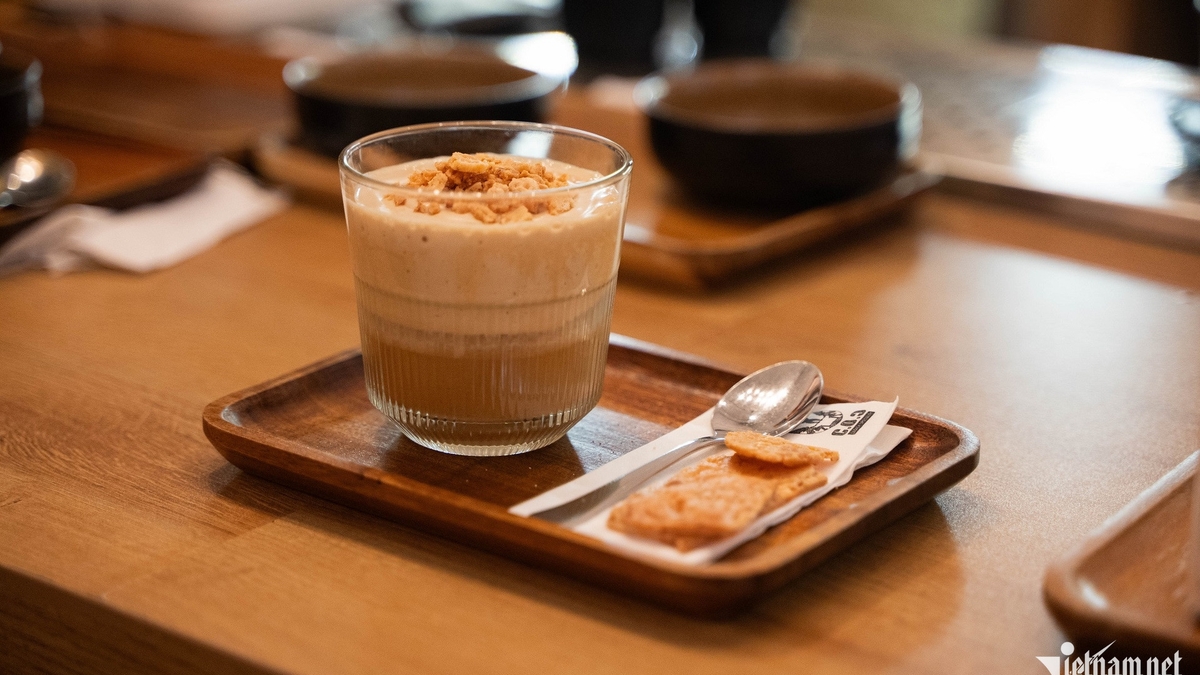




![[Photo] General Secretary To Lam attends the opening of the 1st Government Party Congress](https://vphoto.vietnam.vn/thumb/1200x675/vietnam/resource/IMAGE/2025/10/13/1760321055249_ndo_br_cover-9284-jpg.webp)
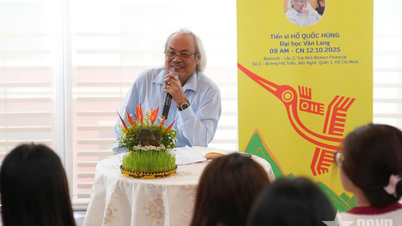



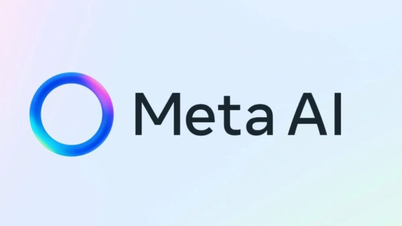




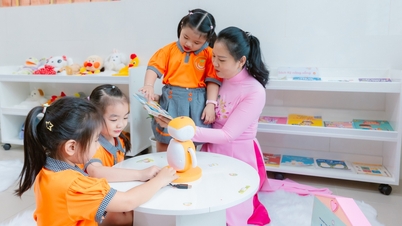



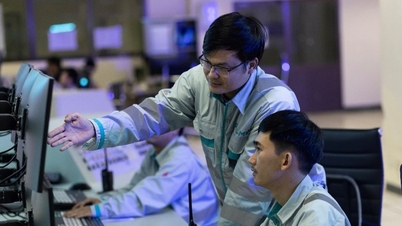

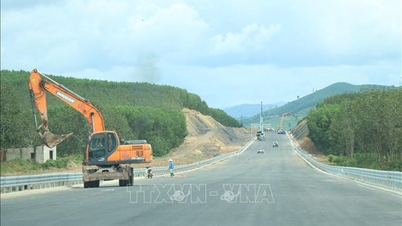
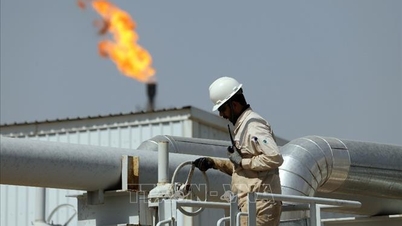
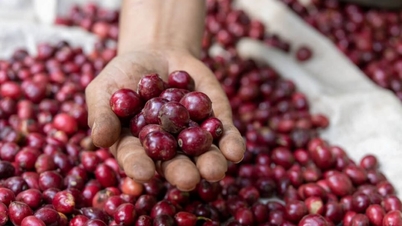





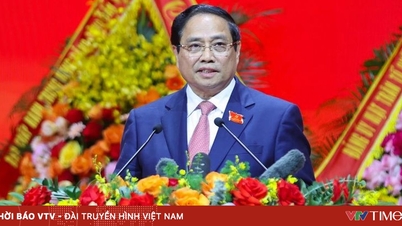
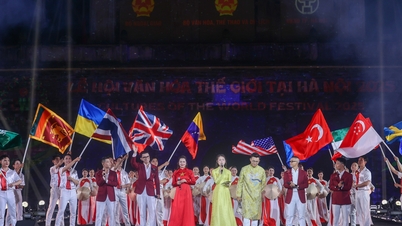

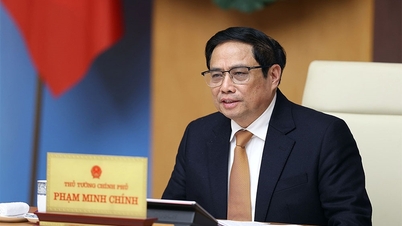

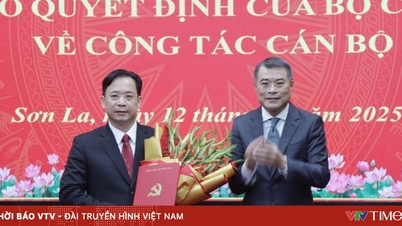










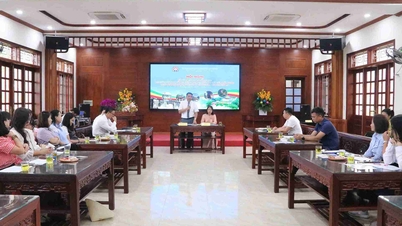











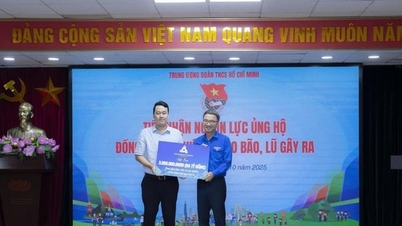

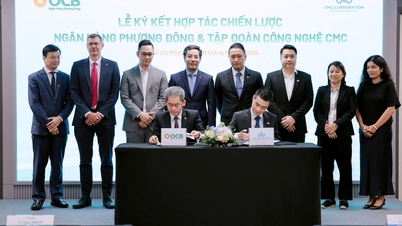

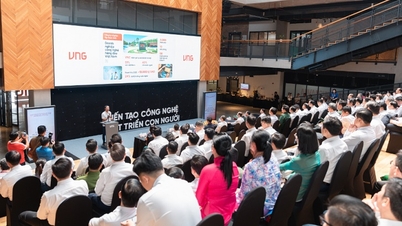

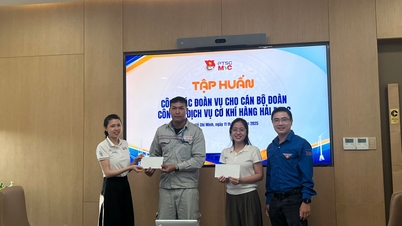






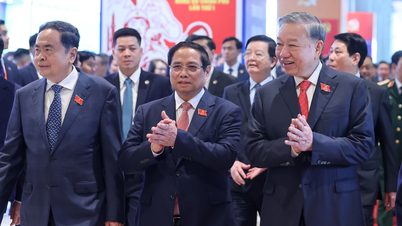
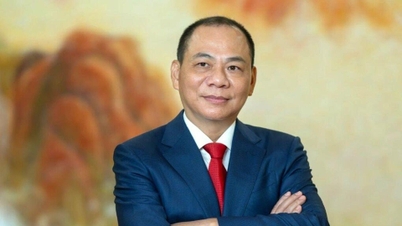
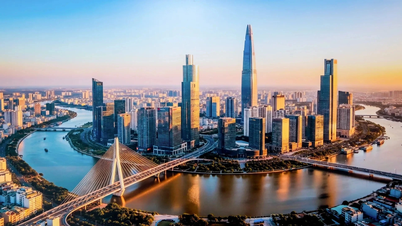

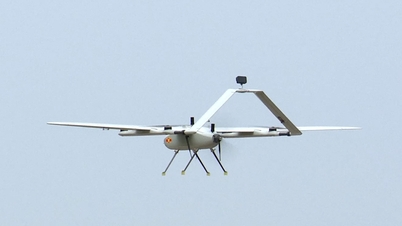
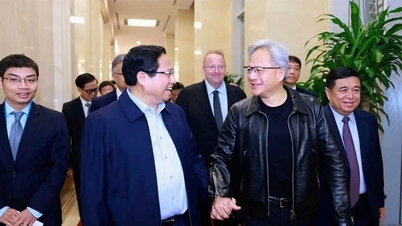
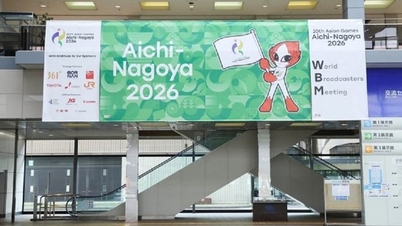

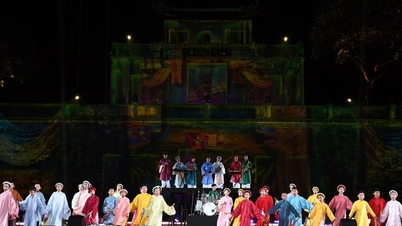


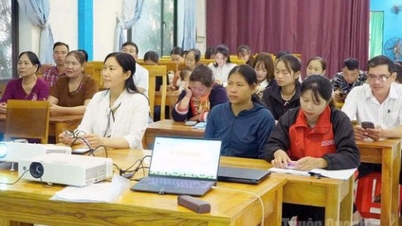

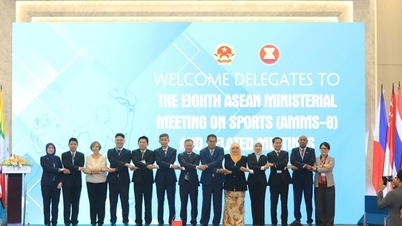
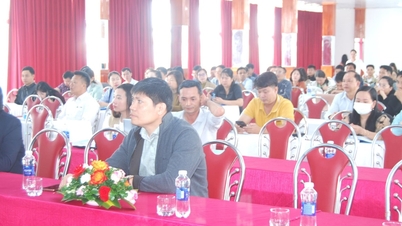

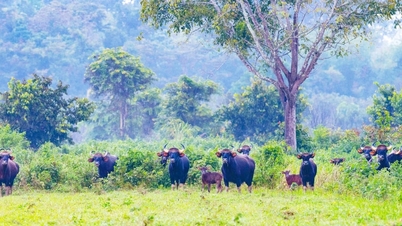


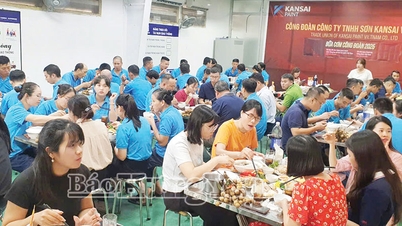

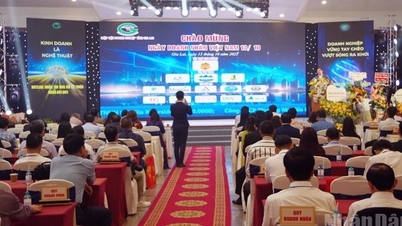













Comment (0)